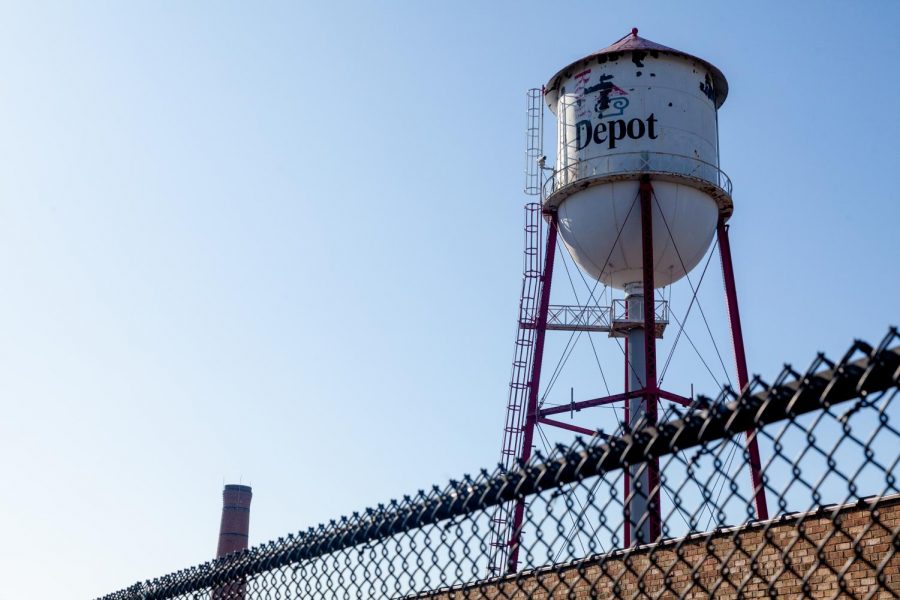The lawsuit between the East Phillips neighborhood organization and the city is stalling as neighbors worry that further demolition would cease plans for an indoor urban farm.
For several years, the East Phillips Neighborhood Institute (EPNI) has aimed to buy and convert the Roof Depot warehouse into an indoor urban farm in hopes of creating green jobs, food and housing for community members. Instead, the city has planned to raze the warehouse and establish a central water distribution facility.
A broad coalition of community members, including multiple University of Minnesota students, worked to support the urban farm.
EPNI has filed a lawsuit, which was heard on Oct. 26 in Hennepin County District Court, to ensure that the city will assess the environmental impact of its project and to bring the city to a compromise that includes an indoor urban farm. Lawyers from both sides met last week to work out a plan for the lawsuit’s timeline, with intentions of going to trial in December.
The city produced a plan, but EPNI’s lawyer Elizabeth Royal said she did not agree to it because the city did not give her names and contact information of people important to the lawsuit. Without that information, Royal said it is hard to schedule deadlines or a trial date. The issue will now go to the judge.
Lawyers from Minneapolis’ Attorney’s Office were not available to comment, according to a city spokesperson.
Neighbors are concerned that the city will keep up its progress toward demolition, even though there is not supposed to be any demolition while an environmental assessment is underway.
“We are suing to live, to protect ourselves so we can live,” said Cassandra Holmes, a plaintiff in the lawsuit and EPNI board member. “Because we don’t want them to keep pushing other crap in our community, knowing that we already have that. We’re overburdened with pollution.”
EPNI president Dean Dovolis said the real goal of the lawsuit is to bring the city back to negotiations to work out a compromise that includes an urban farm. Royal said a fair compromise seems unlikely.
“The city is of the position that it is not going to engage in any talks or settlement agreements surrounding the idea of selling the building back to EPNI,” Royal said.
The lawsuit alleges that the city is making “relentless progress” toward demolition of the warehouse and development of its project. The city argues that, because these claims are not relevant until the voluntary environmental assessment is complete, they should not be brought up yet.
Karen Clark, a resident of East Phillips and former state lawmaker, spearheaded a law in 2008 that created stricter pollution standards by requiring the state pollution agency to complete an environmental review before issuing a permit.
“This is a neighborhood that is under siege from these environmental toxic exposures, and we’re trying to do something really positive,” Clark said. “We’re trying to stop the city from polluting more, and we’re trying to create a place that will provide healing for the community.”
In the spring, the city hired a company to remove asbestos and hazardous materials from the warehouse site. A statement from the city attorney’s office notes that this work did not conflict with the law created by Clark as it was environmental cleanup, “which would be necessary regardless of what or whether development took place on the property.”
But Clark said this shows the city is planning to “take the wrecking ball in there.”
EPNI board member Cassandra Holmes said the low-income, diverse area has already faced enough struggle.
“I really want [the city] to see that this community and the constituents … are alway going to stand up for ourselves,” Holmes said.








